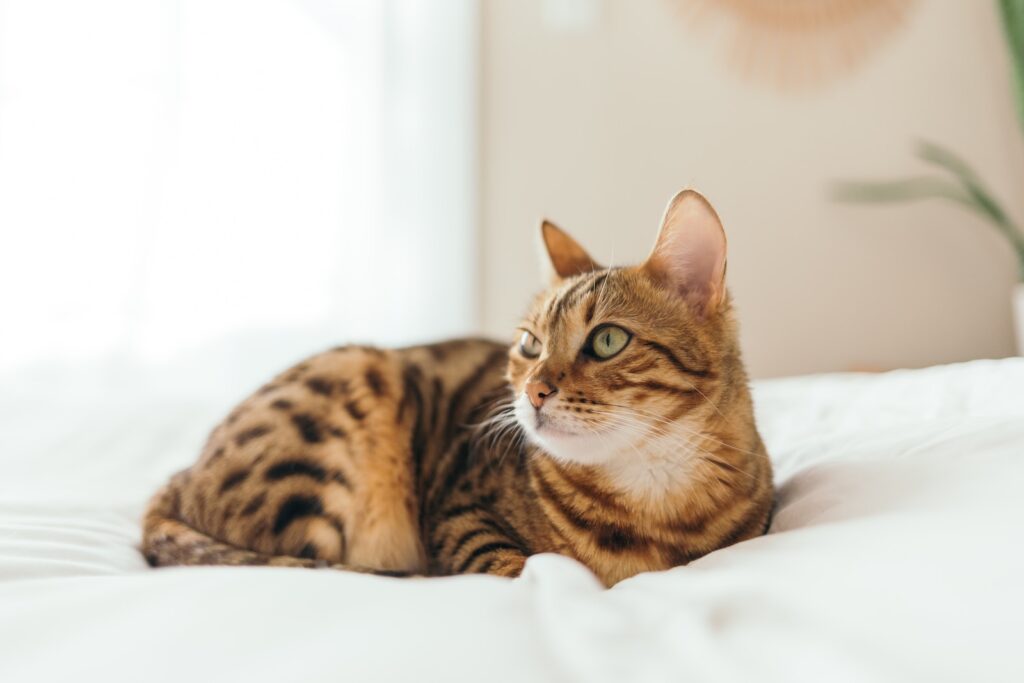Can Cats Eat Chorizo? — No, They Can’t
Chorizo, a flavorful and spicy sausage commonly used in various cuisines, is not suitable for cats. While cats are known to be curious about different food smells, it is important to understand that their digestive systems are quite different from ours. Feeding them foods that are not designed for their specific nutritional needs can lead to various health problems.
Is It Safe for Kittens to Consume Chorizo?
Kittens should not consume chorizo either. Their delicate digestive systems are still developing, and introducing spicy and greasy foods like chorizo can cause stomach upset, diarrhea, or even more severe health issues.
Risks Associated with Feeding Chorizo to Kittens
Feeding chorizo to kittens increases the risk of gastrointestinal distress, as their bodies are not equipped to handle such rich and spicy foods. They may experience abdominal pain, vomiting, and diarrhea, which can lead to dehydration and malnutrition if left untreated.
Why Chorizo is Not Recommended for Cats
High Fat Content
Chorizo is a high-fat food that can lead to obesity in cats if consumed regularly. Feline obesity can contribute to a range of health issues, including diabetes, liver disease, and joint problems. A small portion of chorizo can contain a significant amount of fat that is too much for a cat’s system to handle.
Spices and Seasonings
Chorizo contains various spices and seasonings, such as paprika, garlic, and onions, which can be toxic to cats. These ingredients can cause gastrointestinal irritation, anemia, or even damage to a cat’s red blood cells. It’s essential to keep such ingredients away from feline diets to ensure their well-being.
Sodium Content
Chorizo is typically loaded with sodium, which can be harmful to cats. Excessive sodium intake can lead to high blood pressure, kidney problems, and cardiovascular issues. Cats have different sodium requirements than humans, and their bodies are not designed to handle high levels of sodium common in processed meats like chorizo.
Known Health Issues in Cats from Consuming Chorizo
If a cat consumes chorizo, it may experience digestive upset, including vomiting and diarrhea. In more severe cases, it can also lead to pancreatitis, a painful inflammation of the pancreas. Indulging cats in this spicy sausage regularly increases the risk of obesity and the related health problems mentioned earlier.
What to Do If a Cat Has Consumed Chorizo?
- Seek Veterinary Assistance: If a cat has accidentally consumed chorizo or any other unsuitable food, it’s important to consult a veterinarian immediately. They can provide guidance on what steps to take based on the specific situation.
- Monitor for Symptoms: Keep a close eye on your cat for any signs of digestive upset, such as vomiting, diarrhea, or a loss of appetite. If any concerning symptoms persist, seek prompt veterinary attention.
- Prevent Future Incidents: Ensure chorizo and other unsafe foods are securely stored away from your cat’s reach. Consider educating other family members or guests about the hazards of feeding inappropriate foods to cats.
Safe Alternatives to Chorizo for Cats
Instead of feeding cats chorizo, there are several safe alternatives that can be included in their diet. Some options include cooked lean meats like chicken or turkey (without seasoning), small amounts of cooked fish (without bones), and specialized cat treats available in pet stores. Always consult with your veterinarian to ensure the safety and suitability of any new food introduced to your cat.
Conclusion
In conclusion, cats should not be fed chorizo. The high fat content, spices, seasonings, and excessive sodium can all pose significant risks to their health. It’s crucial to prioritize a cat’s specific dietary needs to maintain their well-being. By avoiding chorizo and choosing safe alternatives, cat owners can ensure that their feline companions are healthy and happy.






